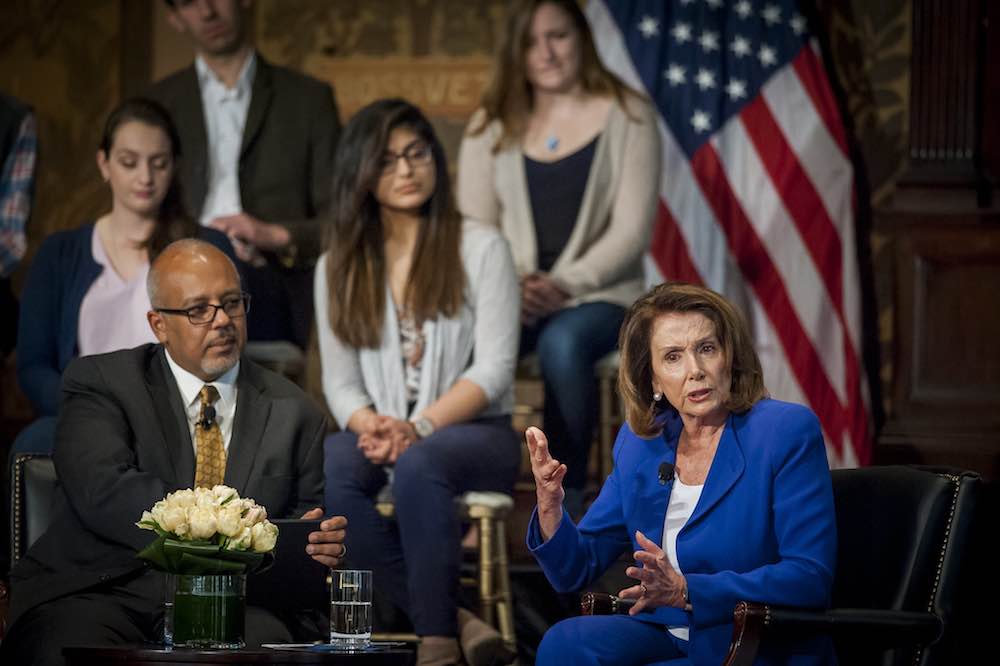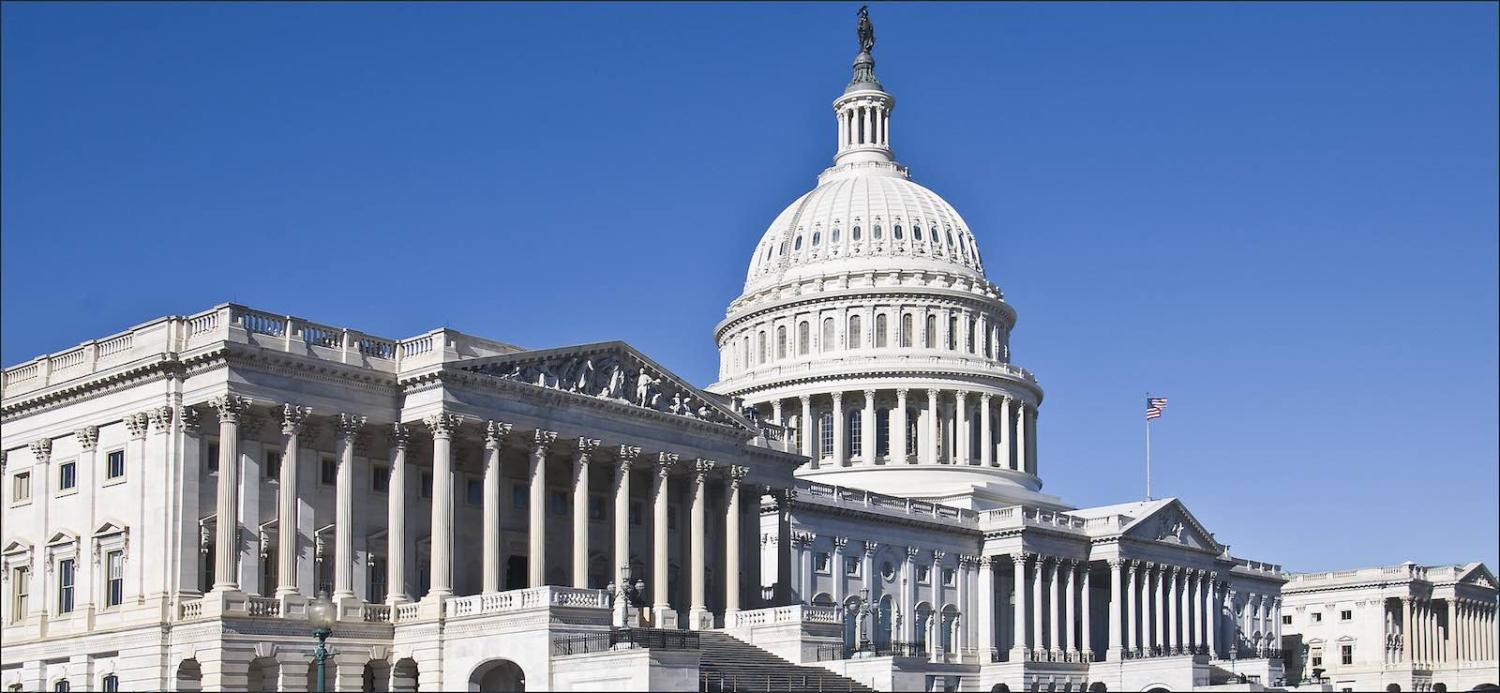For 20 months, House Speaker Nancy Pelosi resisted calls for the impeachment of the President. The House Democratic leadership and many of its members adopted a defensive posture, anticipating that the impeachment inquiry itself, and the likely failure to reach a conviction in the Senate, would energize Donald Trump’s political base, endanger the Democratic majority in the House, and provide Trump with a second term.
On 9 September 2019, in the 21st month of Pelosi’s third term as Speaker, the Inspector General of the intelligence community notified Congress of a whistleblower complaint. On 17 September, the Inspector General informed Congress that the Justice Department had directed him to keep the substance of the complaint from Congress. Reputable news organisations had reported the existence of a whistleblower complaint in mid-August, and those reports linked the complaint to a call between Trump and newly elected Ukrainian President Volodymyr Zelensky.
The key to Democrats pulling through this exercise without being punished electorally lies in the ability of the House to oversee an inquiry that is perceived by the public as legitimate and fair.
By the end of the third week in September, it was broadly understood that Trump had pressured the Ukrainian leader to investigate unfounded corruption charges related to Trump’s political rival Joe Biden and his son Hunter. Americans also learned that the administration withheld military assistance from Ukraine that had been appropriated by Congress in response to Russian aggression.
At 4pm on Tuesday, 24 September, Pelosi announced that the Democratic House would begin a formal impeachment inquiry into the President. The breakthrough came when both the nature of the allegation – national security – and the politics (i.e., the moderate Democrats Pelosi wanted to protect from electoral retribution) tipped in favour of impeachment. This major political shift occurred at 9pm the night before Pelosi announced the inquiry.
Seven freshman Democrats in swing districts who previously served in national security roles argued in a Washington Post op-ed that if the allegations are true, the President presents a clear threat to national security and must be held accountable through an impeachment inquiry. Implicit in their argument was the urgency around responding forcefully: if the President has been leveraging American power and influence to serve his own political interests, he must be constrained now.
Following their election in 2018, these moderate legislators united in their disciplined focus on practical constituent concerns and refusal to talk about impeachment. Despite this commitment to avoid the partisan fray, Congresswoman Mikie Sherrill explained that the decision to support impeachment was not a difficult one for the group:
The fact that our President is trying to induce a foreign power to threaten our elections – I think that is a huge national security risk. The fact that a President is withholding support from a security partner that is trying to fight off Russia, which has presented multiple national security threats over the past several years … to have that aid not arrive in Ukraine as they are trying to fight that aggression. I just think it’s so incredibly offensive.
The compelling nature of this argument and the willingness of these more vulnerable members of Congress to make it persuaded Pelosi and almost all of the Democrats in the House of Representatives to support impeachment. The number of House members in favour assures that the articles of impeachment will move from the House to the Senate. However, beyond the Democratic caucus the events of last week did not radically change the politics of impeachment.

An impeachment inquiry remains a risky endeavour. The likelihood of an acquittal in Senate remains high. The likelihood that Trump’s base is energised by an impeachment inquiry also remains high. In the days following Pelosi’s announcement, there was some movement in the polls with a majority favouring impeachment for the first time, but no reason to feel confident that the shift will hold.
The key to Democrats pulling through this exercise without being punished electorally lies in the ability of the House to oversee an inquiry that is perceived by the public as legitimate and fair. This perception must extend beyond Democratic partisans to some independents and Republicans.
The allegations laid out in the whistleblower complaint are – compared to the Russia investigation – easy to understand, and arguably originate from a more credible set of sources (i.e., civil servants). However, the decision to impeach is a leap of faith, taking into account the extent to which Americans have grown increasingly polarised over the past 30 years.
In her 2018 history of the United States, the Harvard historian Jill Lepore details prior periods of intense polarization in American history (i.e., 1790s and 1850s), but points to the 1990s as the moment when “the nation started a long fall into an epistemological abyss … There was no truth, only innuendo, rumor, and bias.”
The Democrats argue that given their constitutional obligations, the newest allegation against the President has left them with no choice but to launch an impeachment inquiry. If we take them at their word, then this inquiry represents not only a leap of faith but an act of political courage, and maybe a way to pull back from the abyss.

